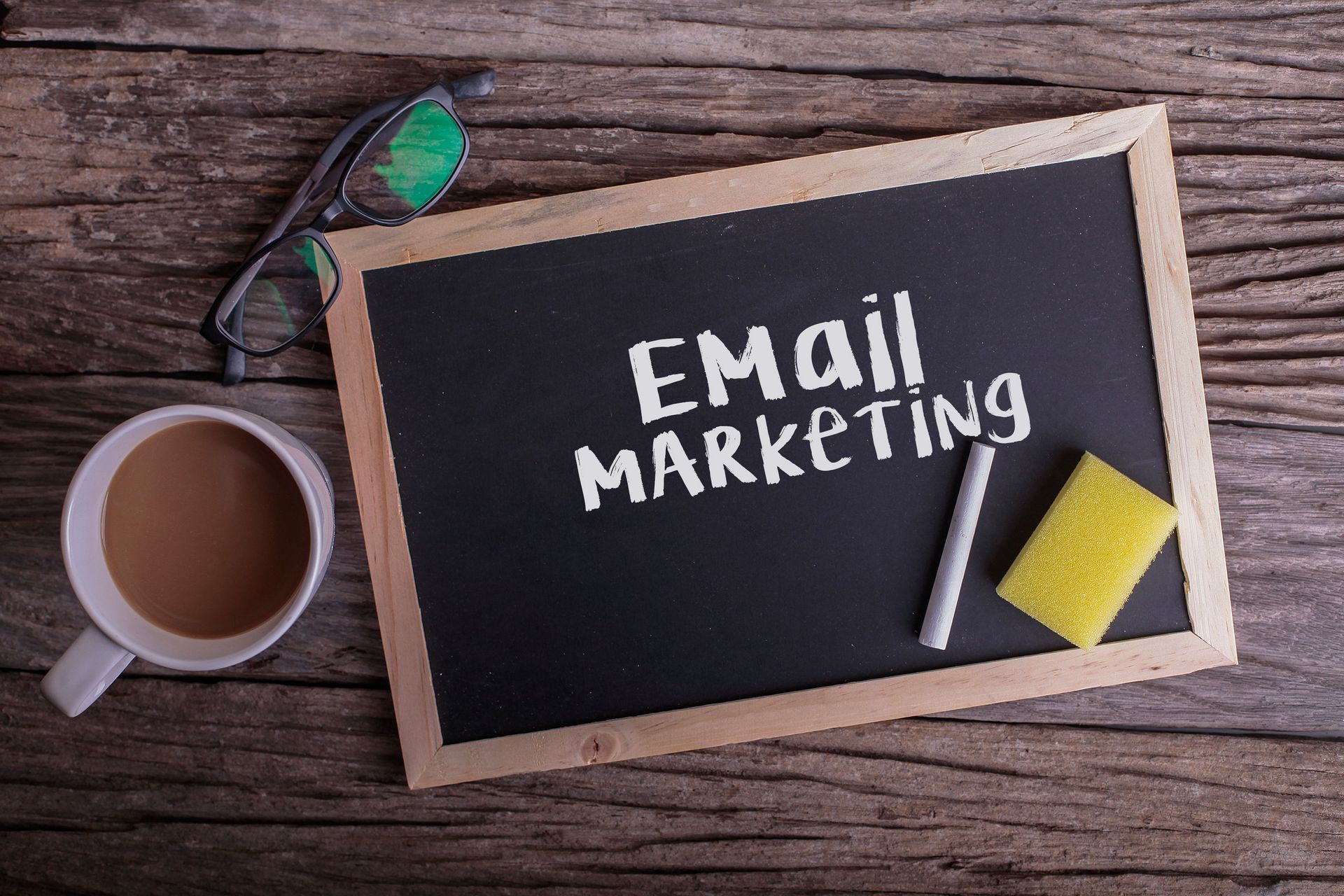Mastering Local SEO: Strategies for Small Businesses
Want your small business to stand out in a crowded marketplace? Local SEO is the answer. For small business owners like you, integrating local SEO strategies ensures customers in your area can easily find and choose your services over competitors.
This comprehensive guide will walk you through why Pennsylvania local SEO services is essential, how it works, and actionable steps to boost your online visibility locally.
Why Local SEO Matters for Small Businesses
Local SEO (Search Engine Optimization) focuses on optimizing your business’s online presence to attract customers from a specific geographic area. Why does this matter? Because a significant percentage of searches are location-driven. For example:
- 46% of all Google searches are people looking for local information.
- 88% of local mobile searches result in a call or visit to the business within 24 hours.
Local SEO ensures potential customers findyour business when searching for services near them. Essentially, it converts “searchers” into local customers by putting your business front and center.
Businesses competing in the same area often provide similar products or services. A strong local SEO strategy sets you apart and makes sure your name dominates in local searches like, “pizza near me” or “plumbers in [city].”
Key Benefits of Local SEO
- Better Visibility: Appear at the top of local searches and Google Maps results.
- Improved Trust: Claiming and optimizing a Google Business Profile builds credibility.
- More Foot Traffic: Drive customers directly to your door.
- Higher Conversions: Local searches often represent ready-to-buy customers.
- Cost-effective Advertising: Organic search is free, unlike traditional paid ads, giving you a high ROI.
Now that you know why local SEO is a game-changer, here’s how to get started.
Essential Local SEO Strategies for Small Businesses
1. Optimize Your Google Business Profile
Your Google Business Profile (formerly Google My Business) is your ticket to ranking in local searches. It gets your business featured in Google Maps as well as the “Local Pack” (the 3 highlighted businesses at the top of search results).
How to optimize it:
- Complete all fields, including your business name, address, phone number (NAP), website, and hours of operation.
- Write a clear, engaging description of your business.
- Add high-quality photos. Show off your storefront, team, and products or services.
- Encourage reviews. Nearly 87% of customers trust online reviews as much as personal recommendations. Ask satisfied customers for honest feedback, and always respond politely to reviews.
2. Conduct Local Keyword Research
Keywords are the backbone of effective SEO. When optimizing for local SEO, target location-specific keywords that align with your services.
How to do this:
- Use tools like Google Keyword Planner or Ubersuggest to identify phrases like “best bakeries in [city]” or “emergency plumbing [area].”
- Include these location keywords naturally in your website copy, headings, and meta descriptions.
- Don’t forget long-tail keywords like “affordable dog grooming services in Chicago.” These result in more conversions since they target specific customer needs.
3. Build Local Citations
Local citations are online mentions of your business’s NAP details on local directories or platforms. Examples include Yelp, Yellow Pages, or TripAdvisor.
To boost SEO, ensure:
- Your NAP information is consistent across all platforms.
- You are listed in industry-specific directories (e.g., Houzz for contractors or Zocdoc for medical practices).
4. Leverage Online Reviews
Online reviews can significantly impact your local rankings. Positive reviews increase your visibility and foster trust among potential customers.
Tips to encourage reviews:
- Send follow-up emails asking satisfied customers to leave a review on Google, Yelp, or Facebook.
- Offer small incentives like discounts or freebies for completing feedback (where platform policies allow).
- Respond to negative reviews constructively. Solve the customer's concern quickly to build trust.
5. Create Location-Specific Content
Publishing localized content on your website helps establish your authority in your area. This not only improves SEO but positions you as a go-to expert.
Ideas for location-specific content include:
- A blog post about “The Best Hiking Trails in [City]” for a local outdoor gear store.
- Guides like “How to Winterize Your Home in [Region]" for a hardware business.
- Highlighting community events or partnerships (such as sponsoring a local charity or festival).
6. Optimize for Google Maps Local Search
Getting featured in Google Maps search is critical for businesses that depend on foot traffic. Users often rely on Maps to find immediate solutions like “nearest coffee shop” or “emergency car repair.”
To rank higher on Google Maps:
- Keep your Google Business Profile accurate and up to date.
- Add engaging content (photos, offers, or event updates).
- Use keywords in your business description where relevant.
- Get nearby customers to check in or tag your business on social media to drive signals to Google.
7. Mobile Optimization is a Must
With mobile making up more than 60% of online searches, ensure your website is mobile-friendly. This includes:
- A quick loading time (under 3 seconds).
- User-friendly navigation designed for small screens.
- Clickable phone numbers and links to make it easy for potential customers to contact you.
Common Mistakes to Avoid
Local SEO offers immense rewards, but even a small misstep can limit your success. Here’s what not to do:
- Ignoring Reviews: Don’t delay responding to reviews. It signals disinterest to both potential customers and search engines.
- Keyword Stuffing: Overloading your website with location-specific keywords can make content unappealing and tarnish your brand’s credibility.
- Neglecting Analytics: Track performance using tools like Google Analytics or SEMrush to measure what’s working and what’s not.
Achieve Local SEO Results Today
A well-thought-out local SEO strategy can turn online searches into loyal customers for your business. Start by claiming your Google Business Profile, conducting targeted keyword research, and crafting localized content. Over time, build positive reviews while keeping your website mobile-friendly.
Need help implementing these strategies?
At Luminary Mark, we’re here to help small businesses shine online. Our experts can help with personalized local SEO plans tailored to your business goals. Get in touch or call us today at (412) 407-7772 to grow your local presence.









